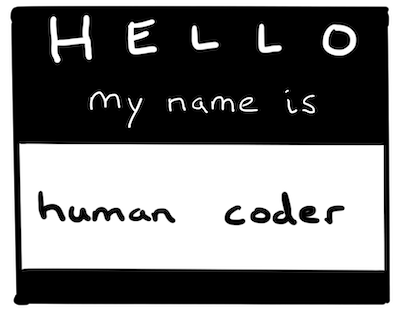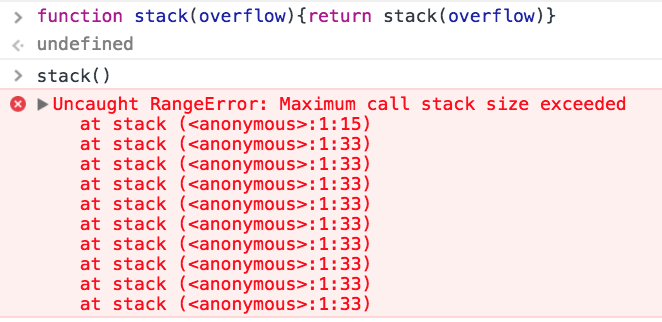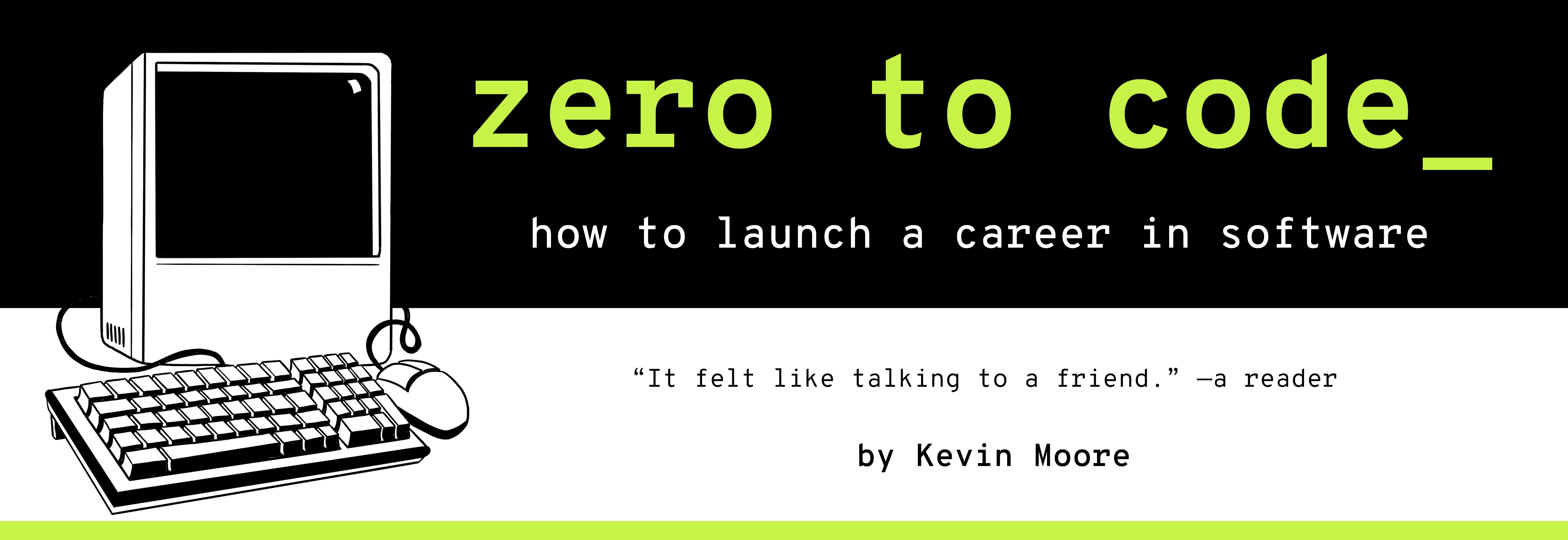It’s Not What You Know, It’s Who You Know
TIME LIMIT: 2 HOURS
Luck is what happens when preparation meets opportunity.
- varied sources, often attributed to Cicero
Most of this book is a guide for accumulating the hard skills a web developer needs. This is not a “Learn How To Code” book, though – this is a “Get Paid To Code” book. Getting paid requires a few soft skills, especially networking. The folks who recruit and hire software engineers must be able to find you before they can hire you.
In this chapter, we discuss the hows and whys of integrating into the software social scene.

Create Opportunities For Yourself By Participating In The Community
Have you ever heard the expression Dress for the job you want? It always helps to look the look, to talk the talk, to walk the walk. The fastest way to start looking like a software engineer is to start hanging out and interacting with other software engineers. I recommend you begin doing this immediately. It takes time to get familiar.
The software social scene is a veritable grab bag of opportunities. Here’s a non-exclusive list:
-
Peers and mentors. The best software engineers hang out and chat with each other, both at meetups and online. Be open about the fact that you are a relatively new programmer. Gain helpful friends by asking coders for advice (nothing flatters people more). “What do you wish you had done earlier in your career? What kind of work do you find most interesting?”
-
Recruiters. Many enterprises are absolutely desperate for software talent, and they pay to find it. Recruiters are especially easy to find if you attend a few meetups. Many of them will want to meet you, vet you, and then set you up with interviews.
-
Knowledge. Hanging out in these communities is generally incredibly educational. It will help you build your software vocabulary, see how other software engineers think and solve problems, and keep you abreast of modern technologies. This really helps in job interviews!
-
Good habits. It is impossible to be a great developer without participating in the community. Quite simply, the world of software moves too quickly for you to follow new developments and best practices by yourself. You don’t need to be on the bleeding edge, but broader trends are worth tracking, especially within your subset of the industry. Socializing with other coders keeps you up-to-date. Good habits make for great careers.

People often feel like a fraud when they enter a new social scene. I know it can be hard, but I urge you to confront this fear, which is so common that it has a name - imposter syndrome. Remember: We all start somewhere!

Five Steps For Hacking The Software Social Scene
1. Join Meetup.com and start going to real-life meetups.
Real-life meetups offer a greater return on your time investment than anything else, including reading this book. Meetups are the fastest route to interviews.
Most software meetups are full of pretty friendly people, and most have a code of conduct. Be courteous, respectful, and professional to everyone. Event organizers are usually incredibly supportive of new attendees. People are there because they want to meet people – introduce yourself around!
Here are some suggested search terms to use to find meetups on Meetup.com: web development, developers, front-end, JavaScript, HTML, CSS, Python, software engineers, data science. If you live anywhere near a city, there will be at least a few meetups near you.
2. Set up an account on GitHub.com.
Here are some good ideas for things to do on GitHub:
- Follow users with interesting profiles.
- Star repositories you find potentially useful or interesting.
- Fork some repositories.
We talk more about building your GitHub profile in the next chapter.
3. Set up an account on StackOverflow.com
Stack Overflow is the world’s premier question-and-answer site for programmers. It’s community is huge. You can find answers to most of your questions there if you look hard enough. Stack Overflow is “holding the web together”, according to some people.
Once you have signed up:
- Follow a bunch of tags, including: JavaScript, CSS, HTML, bash, Linux, Ubuntu, Python, jQuery.
- Start browsing the site regularly.
- Work on getting some karma points as time goes on. It will teach you how to use the site.
- Look for answers to programming questions you have.
You will learn how to better think about software problems by using the site.
4. Subscribe to Email Newsletters
The best newsletters are the ones that aggregate trending articles of the past week. I always recommend that new web developers subscribe to:
- JavaScript Weekly - https://javascriptweekly.com/
- FrontEnd Focus - https://frontendfoc.us/
- Node Weekly - https://nodeweekly.com/
- CSS Weekly - https://css-weekly.com/
- Hacker Newsletter - http://www.hackernewsletter.com/
These newsletters will help you:
- Be informed of recent developments in the front-end programming world.
- Stay abreast the current zeitgeist of the programming world.
- Find tutorials you can turn into projects that go on your GitHub profile that employers will look at. Code quantity is more important than quality early in your career. Don’t be shy about having dozens or even hundreds of repositories your GitHub that are full of half-finished code.
5. Play the LinkedIn game… but not too much.
LinkedIn is a honeypot for people who wear suits. Software recruiters are generally in this class of people. So you’re going to use LinkedIn… but just a little bit. My advice here is: Let recruiters come to you. Don’t go to them.
To get your profile rolling:
- Sign up for it and spend 30-60 minutes making a decent profile. Have a picture!
- Find people you know on there - connect with them.
- Ask friends (not people you just met at meetups) to start endorsing you for skills like “JavaScript”, “CSS”, and “HTML5”. This little game brings recruiters along.
- Connect with programmers as you meet them.
When it’s time to start interviewing, switch your title on there to “software developer”. We will come back to this in Part 5 of the book, but now is a good time to jump-start this process.
Success Will Flow From These Activities
Investment in these activities yields interest that compounds over time. Starting now will dramatically increase your chances of employment in four months time.
Have fun with your community!
Exercises and References:
-
Go to a programming meetup within the next 14 days.
-
Figure out how to “star” some repos on GitHub.
-
Figure out how to “fork” some repos to your own profile on GitHub.
-
A “stack overflow” is an error that occurs when a program tries to use too much memory, causing the program to crash.

-
For a cultural profile of Stack Overflow, check out this article in NY Magazine: http://nymag.com/selectall/2017/03/the-hidden-power-of-stack-overflow.html.
